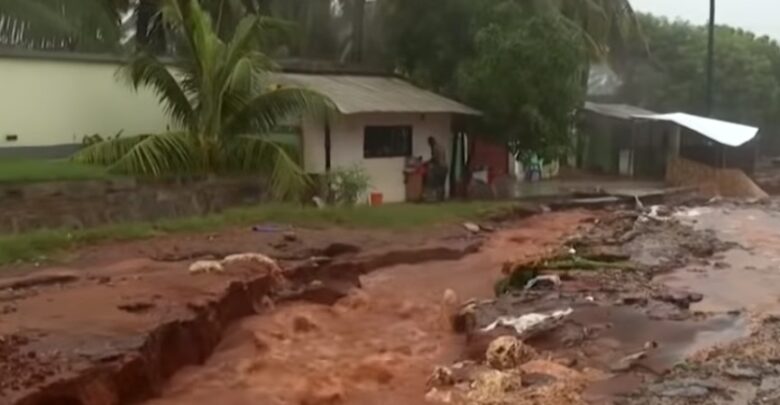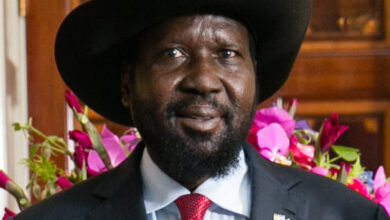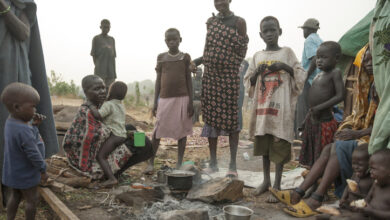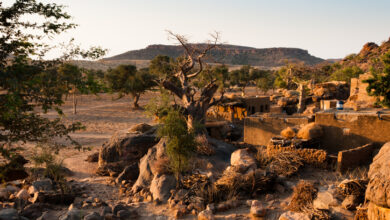World
UN Offers Emergency Funds To Cyclone Kenneth Hit Mozambique & Comoros

The United Nations has offered $13 million in emergency funds to Mozambique and the Comoros Islands for food, water, and infrastructure repairing work after Cyclone Kenneth ripped into the region causing heavy damage.
“This new allocation of Central Emergency Response Fund funds will help humanitarian partners to scale up the response to address the needs of those most vulnerable in the aftermath of Cyclone Kenneth”, said UN Humanitarian chief Mark Lowcock in a statement, reported Africa News.
Kenneth made a strike just six weeks after Cyclone Idai, the worst tropical storm to hit the region in decades, moved into neighboring Zimbabwe and Malawi, killing more than 1,000 people. It destroyed the port city of Beira and submerged entire villages, vast swathes of land and 700,000 hectares of crops.
Cyclone Kenneth made landfall on the northern Mozambican province of Cabo Delgado late on Thursday, killing five people and unleashing heavy rains and flooding. The cyclone flattened entire villages with strong winds of up to 280 km/h. Four people died in Comoros.
Weather experts have warned that Kenneth could pour twice as much rain on northern Mozambique as Idai did over the next few days. As much as 250 millimeters or about a quarter of the average annual rainfall for the region has been forecast.
This was the first time in history that two cyclones have hit the southern African nation in one season, again raising concerns about climate change.
According to the World Bank estimates, Mozambique and other countries affected by the tropical storm will need over $2 billion to recover. Earlier in April, the International Monetary Fund granted a $US118.2 million credit facility to the southern African nation.
On Sunday, UN Spokesman Stephane Dujarric said Secretary-General Antonio Guterres has made an appeal to the international community for additional resources, critically needed to fund the response to the twin tragedies in the immediate, medium- and longer-term.






